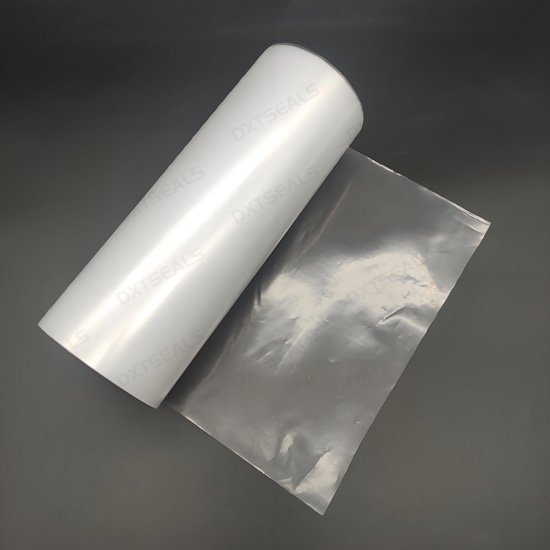Introduction to PE Film
Polyethylene (PE) film is a widely used plastic film known for its excellent flexibility, chemical resistance, and durability. It is made from polyethylene resin through extrusion and is available in different types, such as low-density polyethylene (LDPE), high-density polyethylene (HDPE), and linear low-density polyethylene (LLDPE), each offering distinct properties suitable for various applications.
Key Characteristics of PE Film
-
Temperature Resistance
- PE film has a typical working temperature range from -50°C to 80°C, depending on the specific type.
- LDPE softens at around 80-90°C, while HDPE has a higher melting point of 120-130°C.
-
Tear and Impact Resistance
- LDPE and LLDPE films are highly flexible and impact-resistant, making them suitable for packaging applications.
- HDPE films offer higher strength and stiffness, but they may be less flexible.
-
Chemical Resistance
- Resistant to water, acids, alkalis, and many organic solvents, making it suitable for industrial and chemical packaging.
-
Moisture Barrier
- PE film has excellent water resistance, preventing moisture penetration and ensuring product protection.
-
Transparency and Surface Finish
- Available in clear, translucent, or opaque versions, depending on processing and additives used.
-
Electrical Insulation
- PE film has good dielectric properties, making it useful in electrical insulation applications.
Applications of PE Film
-
Packaging Industry
- Used for food packaging, shrink wrap, stretch film, and protective covers due to its flexibility and moisture resistance.
- Common in laminated film structures for extended shelf life.
-
Agricultural Use
- Used as greenhouse film, mulch film, and silage wrap to enhance crop growth and protect against harsh weather.
-
Construction Industry
- Applied as vapor barriers, protective sheeting, and waterproof membranes in building and infrastructure projects.
-
Medical and Hygiene Products
- Used in sterile packaging, disposable gloves, and medical protective films due to its chemical resistance and cleanliness.
-
Industrial Applications
- Serves as surface protection film, release liners, and insulation layers in manufacturing and logistics.
-
Automotive Industry
- Used for protective covers, sound insulation, and interior wrapping in vehicle manufacturing.
Conclusion
PE film is a versatile and cost-effective material with wide applications across industries. Its combination of flexibility, durability, chemical resistance, and barrier properties makes it an essential material for packaging, agriculture, construction, and beyond. By selecting the right type of PE film, industries can optimize performance based on specific requirements.
